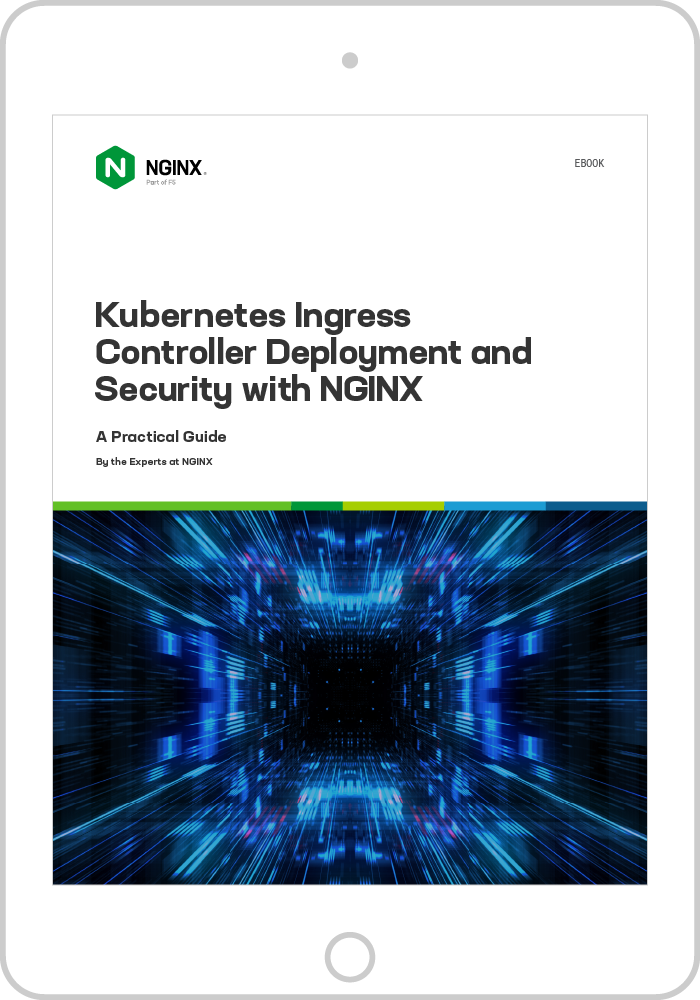F5 NGINX is committed to a secure software lifecycle, including design, development, and testing optimized to find security concerns before release. While we prioritize threat modeling, secure coding, training, and testing, vulnerabilities do occasionally occur.
Last month, a member of the NGINX Open Source community reported two bugs in the HTTP/3 module that caused a crash in NGINX Open Source. We determined that a bad actor could cause a denial-of-service attack on NGINX instances by sending specially crafted HTTP/3 requests. For this reason, NGINX just announced two vulnerabilities: CVE-2024-24989 and CVE-2024-24990.
The vulnerabilities have been registered in the Common Vulnerabilities and Exposures (CVE) database, and the F5 Security Incident Response Team (F5 SIRT) has assigned them scores using the Common Vulnerability Scoring System (CVSS v3.1) scale.
Upon release, the QUIC and HTTP/3 features in NGINX were considered experimental. Historically, we did not issue CVEs for experimental features and instead would patch the relevant code and release it as part of a standard release. For commercial customers of NGINX Plus, the previous two versions would be patched and released to customers. We felt that not issuing a similar patch for NGINX Open Source would be a disservice to our community. Additionally, fixing the issue in the open source branch would have exposed users to the vulnerability without providing a binary.
Our decision to release a patch for both NGINX Open Source and NGINX Plus is rooted in doing what is right – to deliver highly secure software for our customers and community. Furthermore, we’re making a commitment to document and release a clear policy for how future security vulnerabilities will be addressed in a timely and transparent manner.


